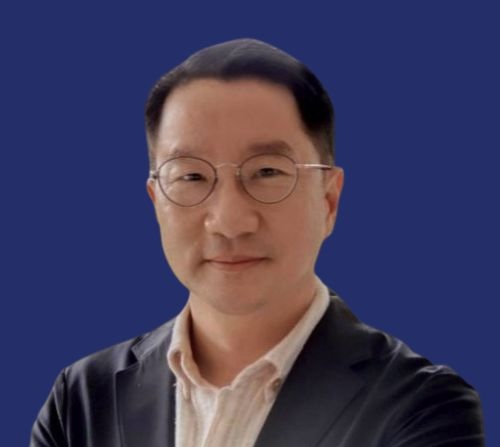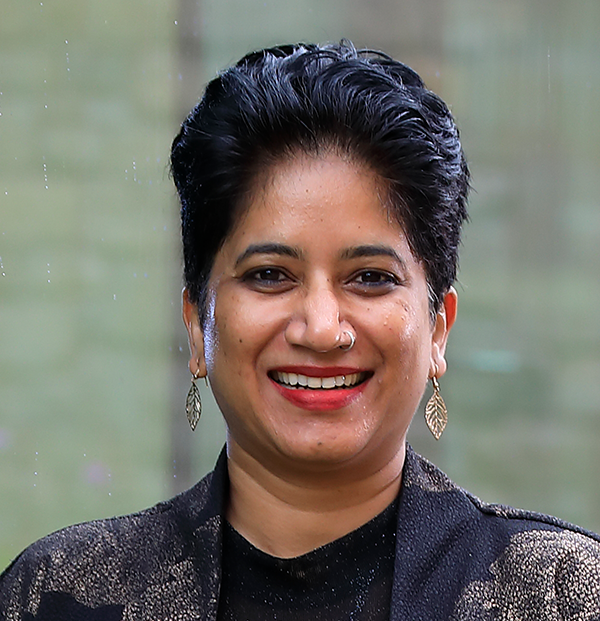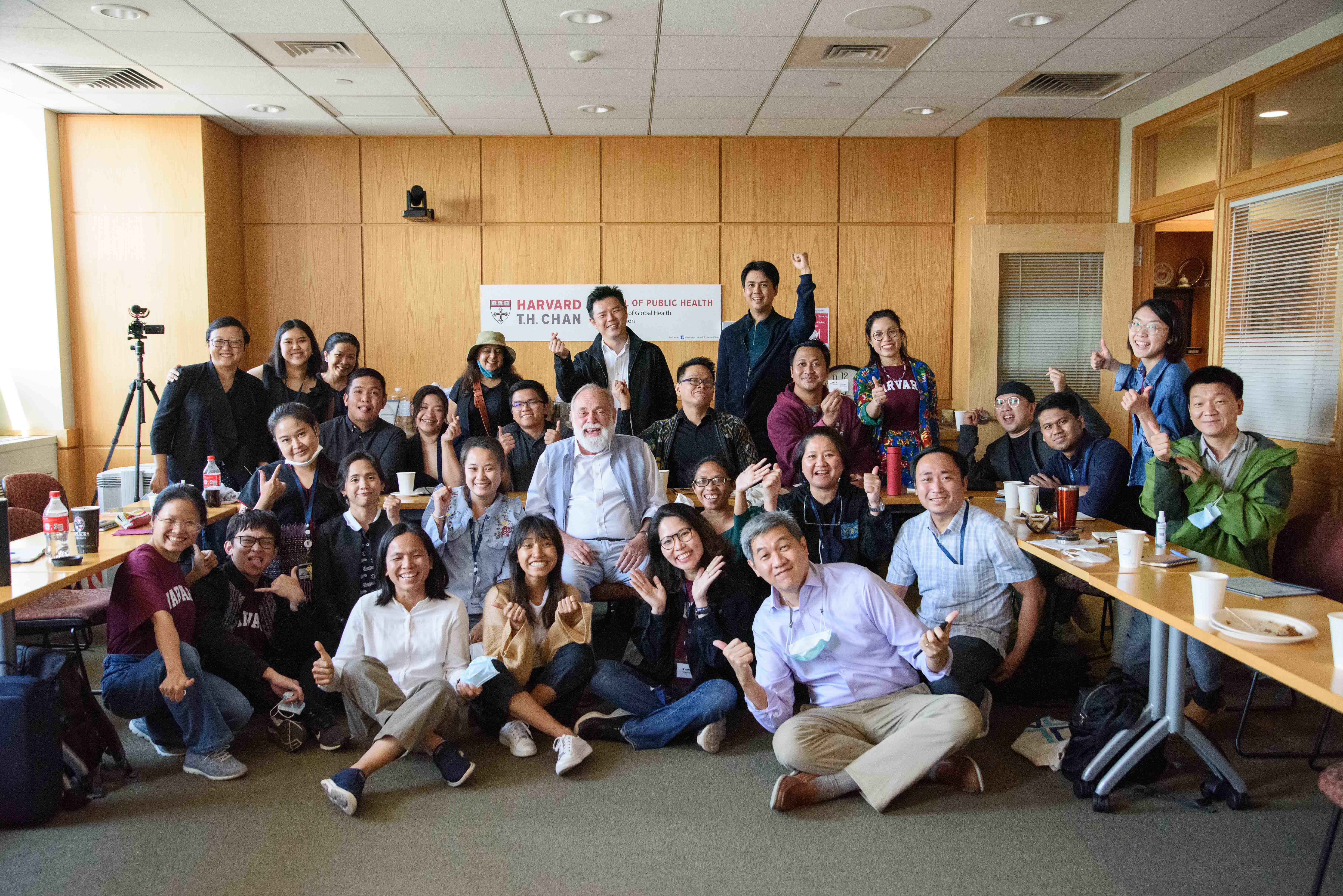2018 Asia Trek: A Closer Look at Development, Health, and Equity in Indonesia
The 2018 Asia Trek, held August 5-12, focused on Indonesia, Southeast Asia’s most populous country, and the ways in which its development outlook, demographics, policymaking processes, and social and cultural practices shape access to quality healthcare services, particularly for poor and vulnerable populations.
A busy schedule featured discussions and “fireside chats” with several former senior government officials, including Dr. Nafsiah Mboi, the former Minister of Health, Gita Wirjawan, the former Minister of Trade, and Dr. Muhamad Chatib Basri, the former Minister of Finance who shared their perspectives on ways to build effective policy as well as their own leadership journeys. The Fellows also met with the ASEAN Secretary General, H.E. Lim Jock Hoi, and key staff of the ASEAN Secretariat’s Health Division to learn about ASEAN cooperation in the health sector.
Panel discussions enabled the fellows to have a dialogue and exchange with the local policy makers, researchers, community organizers, social entrepreneurs, and experts on various health equity related topics, including poverty alleviation, rural development, and health services provision in rural and remote areas. Panelists included Dr. Vivi Yulaswati of Ministry of National Development Planning, Dr. Punkas Ali of Ministry of National Development Planning, Dr. Pandu Harimurti of the World Bank, Dr. Elan Satriawan of the National Team for the Acceleration of Poverty Reduction (TNP2K), Ibu Tri Mumpathi of the People Centered Business and Economic Institute, and Arief Aziz of Change.org.
Field visits were one of the highlights of the Asia Trek week, as Fellows broke into small groups for firsthand exploration of equity challenges in four communities. Hosted by community members and introduced to local specialists and families, the Fellows took an up-close look at challenges in education (Rinca Island); maternal care (Komodo Island); nutrition of children (Oelbiteno village); and human resources for health (Takari villages). Fellows subsequently brought their observations and ideas back to a full-group discussion on practical solutions to equity challenges.
The level of enthusiasm among the Fellows for equity issues, for leadership development, and for collaboration – remains strong, and Fellows spent the last portion of the program translating that enthusiasm into ideas for their equity projects, which will be refined at the Project Accelerator in late October.




